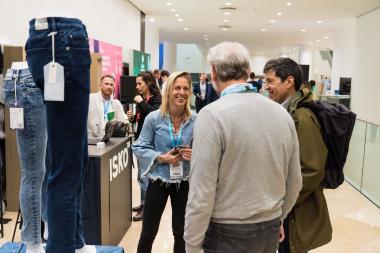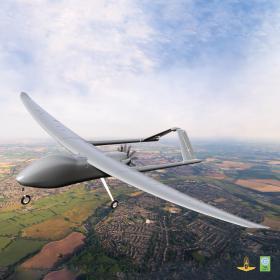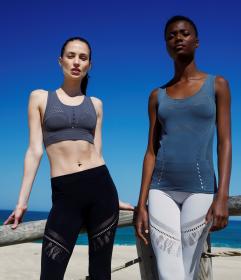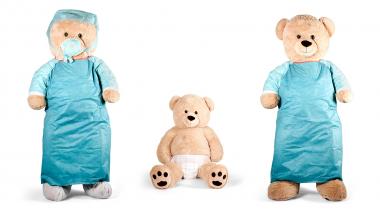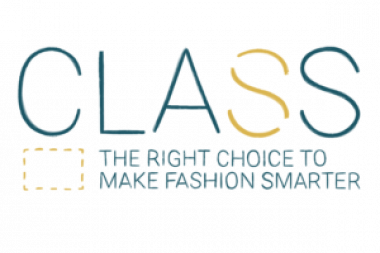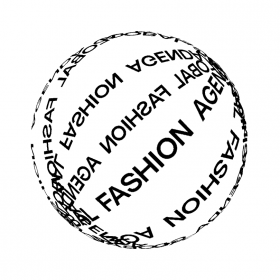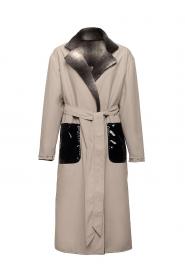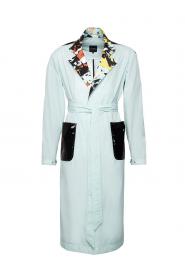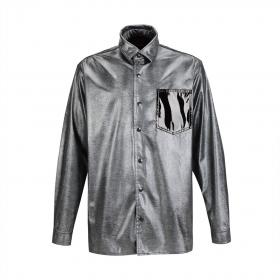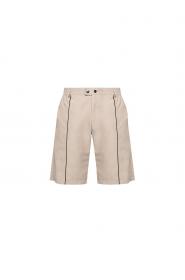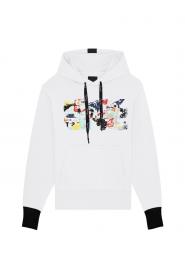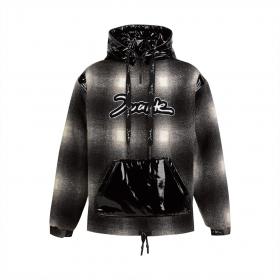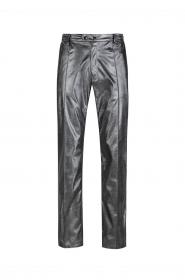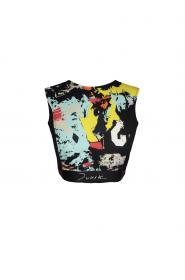ISKO talks about responsible and sustainable manufacturing at Drapers event
ISKO did not miss the opportunity to be a driver for change as the community of fashion leaders gathered at the event “Drapers Sustainable Fashion 2022” on April 21st, in London. Specifically, ISKO’s presence at the event took place through a stand dedicated to the company’s commitment to the development of new processes for better industry practices, and through the participation of ISKO’s head of sustainability, Ebru Ozkucuk Guler, in the panel “Leading the way: exploring denim’s approach to responsible and sustainable manufacturing”.
The company’s technology R-TWO™50+ played a great role in showing how the innovative soul of the company matches its sustainable one. R-TWO™50+ is the driving force behind ISKO’s efforts to reduce the industry’s impact on the planet. The fabrics are made with a minimum of 50% pre- and post-consumer recycled blend that is entirely Global Recycled Standard (GRS) certified. This results in less use of natural resources and a reduced carbon and water footprint of up to 45% and 65% respectively.
Held at main Stage, the panel was a chance to delve into the great strides that the industry has taken to dramatically reduce its carbon footprint through ground-breaking technology, with the speakers stating that “sustainability strategies are essential for the health not only of the planet but also of the industry itself.”
ISKO / Menabò Group srl


